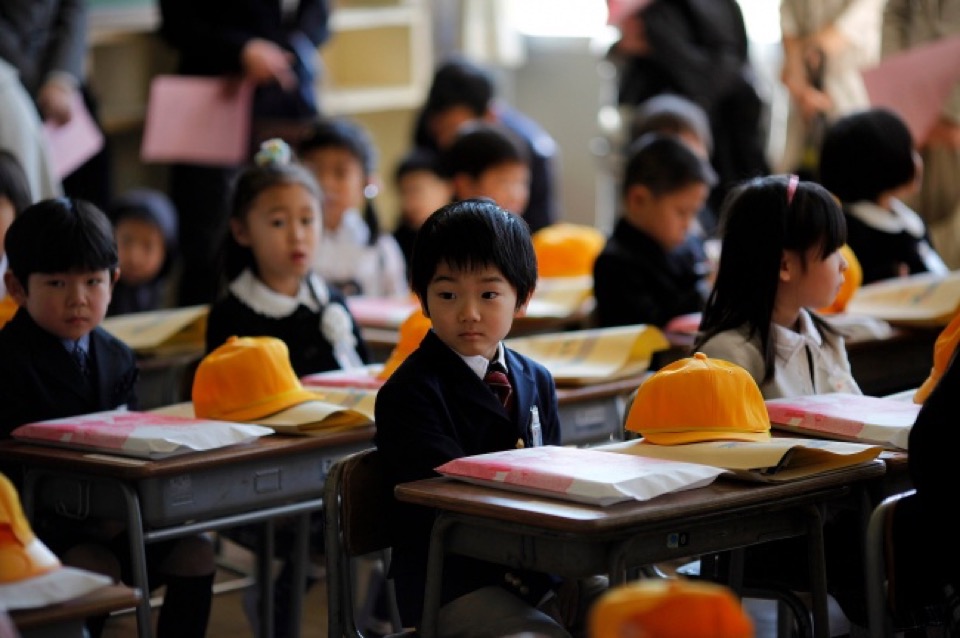
Monday and Wednesday, 11:30am-1:00pm
LSA Building 4128
Instructor: Allison Alexy
aalexy [at] umich.edu
Office hours: Tuesdays, 10 am to 2pm, and by appointment. Please sign up via Google Calendar.
One of the strongest images of Japan concerns its education system. The most common stereotypes are often quite negative: students force-fed huge volumes of information, memorizing details to regurgitate for exams. In this course, open to higher-level undergraduates and graduate students, we will move beyond such stereotypes of the "samurai student" to explore how the Japanese education system has been organized and reorganized in the postwar. Focusing on ethnographic representations of education at all levels - preschools through college and beyond - we will investigate both educational policies (intent) and practices (outcomes) to understand how schools, learners, and educators have supported, challenged, changed, and refused mainstream social norms. More broadly we will consider how educational systems cross culturally relate to social norms and ideologies. The course requirements are substantial weekly reading, writing discussion questions, active and thoughtful participation in discussion, and a longer final paper. No Japanese language ability is required.

